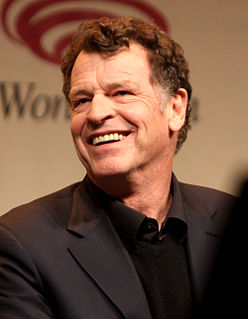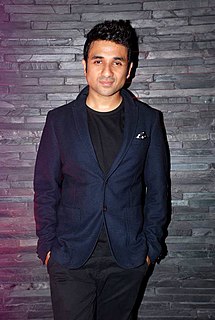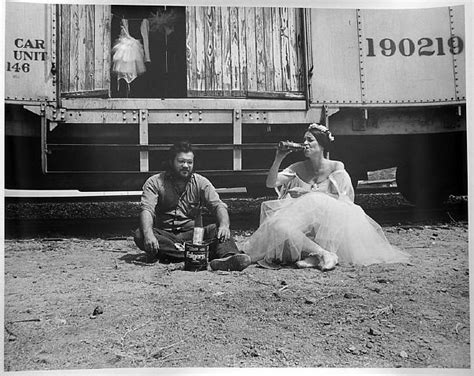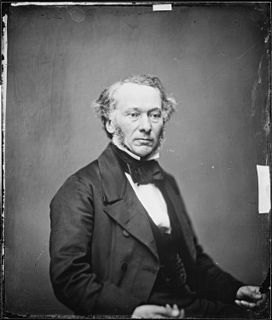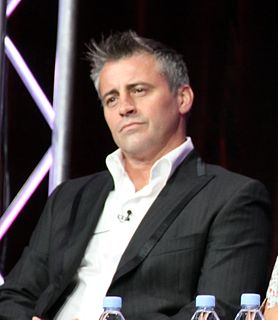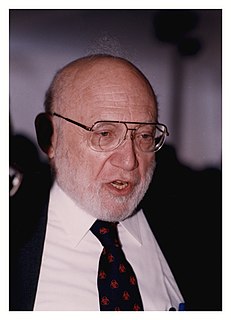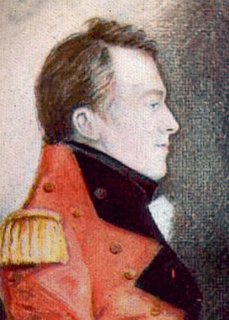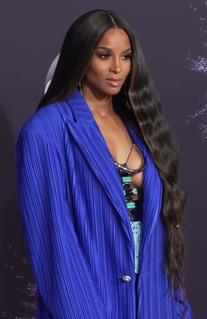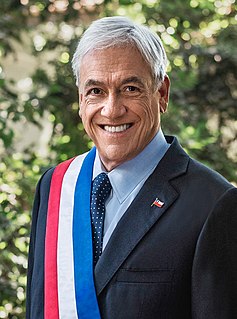Top 1200 Science Education Quotes & Sayings - Page 3
Explore popular Science Education quotes.
Last updated on November 8, 2024.
Mathematics has two faces: it is the rigorous science of Euclid, but it is also something else. Mathematics presented in the Euclidean way appears as a systematic, deductive science; but mathematics in the making appears as an experimental, inductive science. Both aspects are as old as the science of mathematics itself.
Because a fact seems strange to you, you conclude that it is not one. ... All science, however, commences by being strange. Science is successive. It goes from one wonder to another. It mounts by a ladder. The science of to-day would seem extravagant to the science of a former time. Ptolemy would believe Newton mad.
I wanted to be a scientist. My undergraduate degree is in biology, and I really did think I might go off and be some kind of a lady Darwin someplace. It turned out that I'm really awful at science and that I have no gift for actually doing science myself. But I'm very interested in others who practice science and in the stories of science.
The very problem of mind and body suggests division; I do not know of anything so disastrously affected by the habit of division as this particular theme. In its discussion are reflected the splitting off from each other of religion, morals and science; the divorce of philosophy from science and of both from the arts of conduct. The evils which we suffer in education, in religion, in the materialism of business and the aloofness of "intellectuals" from life, in the whole separation of knowledge and practice -- all testify to the necessity of seeing mind-body as an integral whole.
The whole point of science is that most of it is uncertain. That's why science is exciting--because we don't know. Science is all about things we don't understand. The public, of course, imagines science is just a set of facts. But it's not. Science is a process of exploring, which is always partial. We explore, and we find out things that we understand. We find out things we thought we understood were wrong. That's how it makes progress.
We have to make education a priority, but all this debate about education and testing is almost beside the point. We only spend a fraction of the money on education that we spend on arms buildups. Under a Kucinich administration, education becomes one of the top domestic priorities. We put money into it. We cause the government to be vitally involved in it. And we make sure our children have the love of knowledge.
It is science alone that can solve the problems of hunger and poverty, of insanitation and illiteracy, of superstition and deadening custom and tradition, of vast resources running to waste, or a rich country inhabited by starving people... Who indeed could afford to ignore science today? At every turn we have to seek its aid... The future belongs to science and those who make friends with science.
Science and vision are not opposites or even at odds. They need each other. I sometimes hear other startup folks say something along the lines of: 'If entrepreneurship was a science, then anyone could do it.' I'd like to point out that even science is a science, and still very few people can do it, let alone do it well.
Science is the key to our future, and if you don’t believe in science, then you’re holding everybody back. And it’s fine if you as an adult want to run around pretending or claiming that you don’t believe in evolution, but if we educate a generation of people who don’t believe in science, that’s a recipe for disaster. We talk about the Internet. That comes from science. Weather forecasting. That comes from science. The main idea in all of biology is evolution. To not teach it to our young people is wrong.














